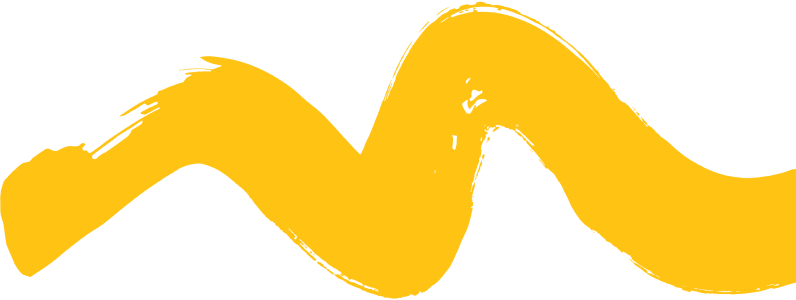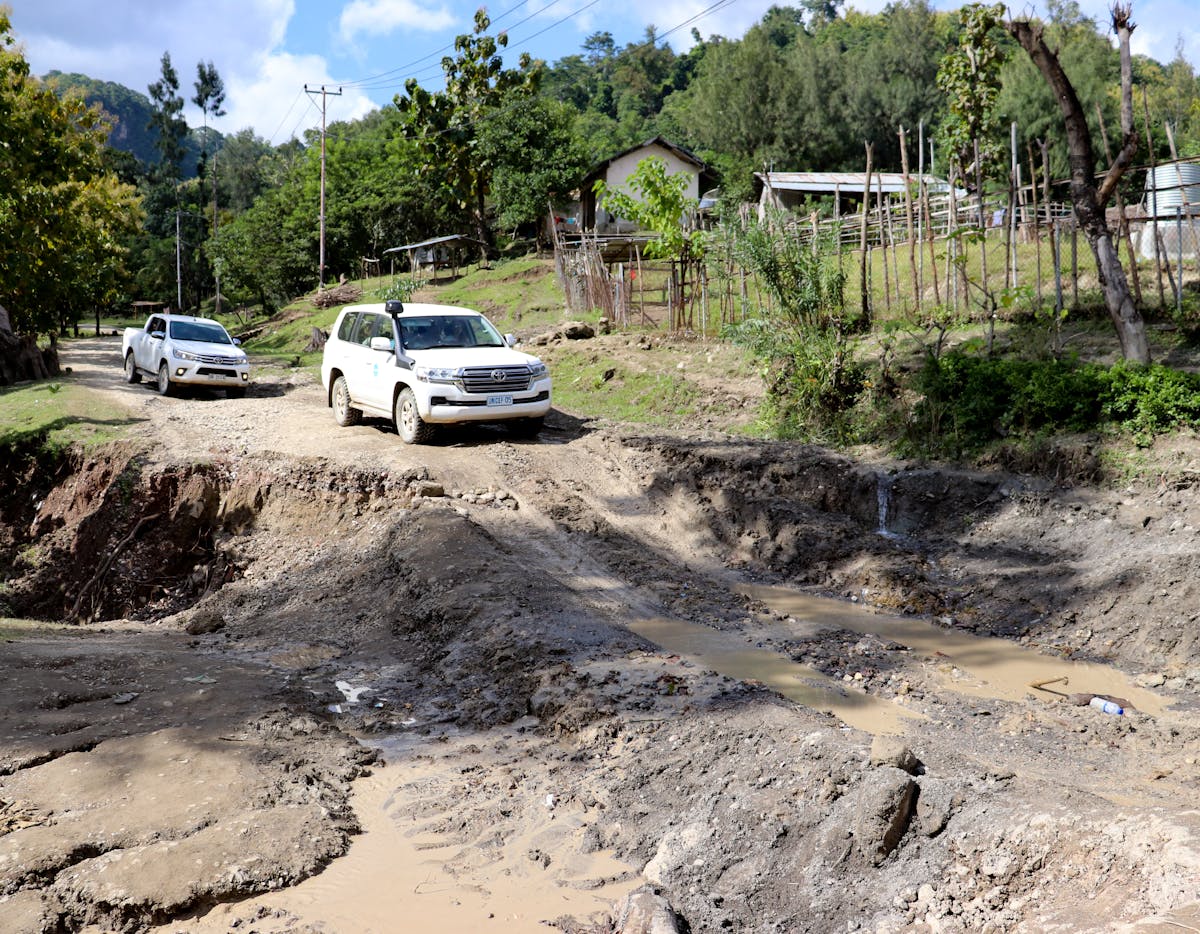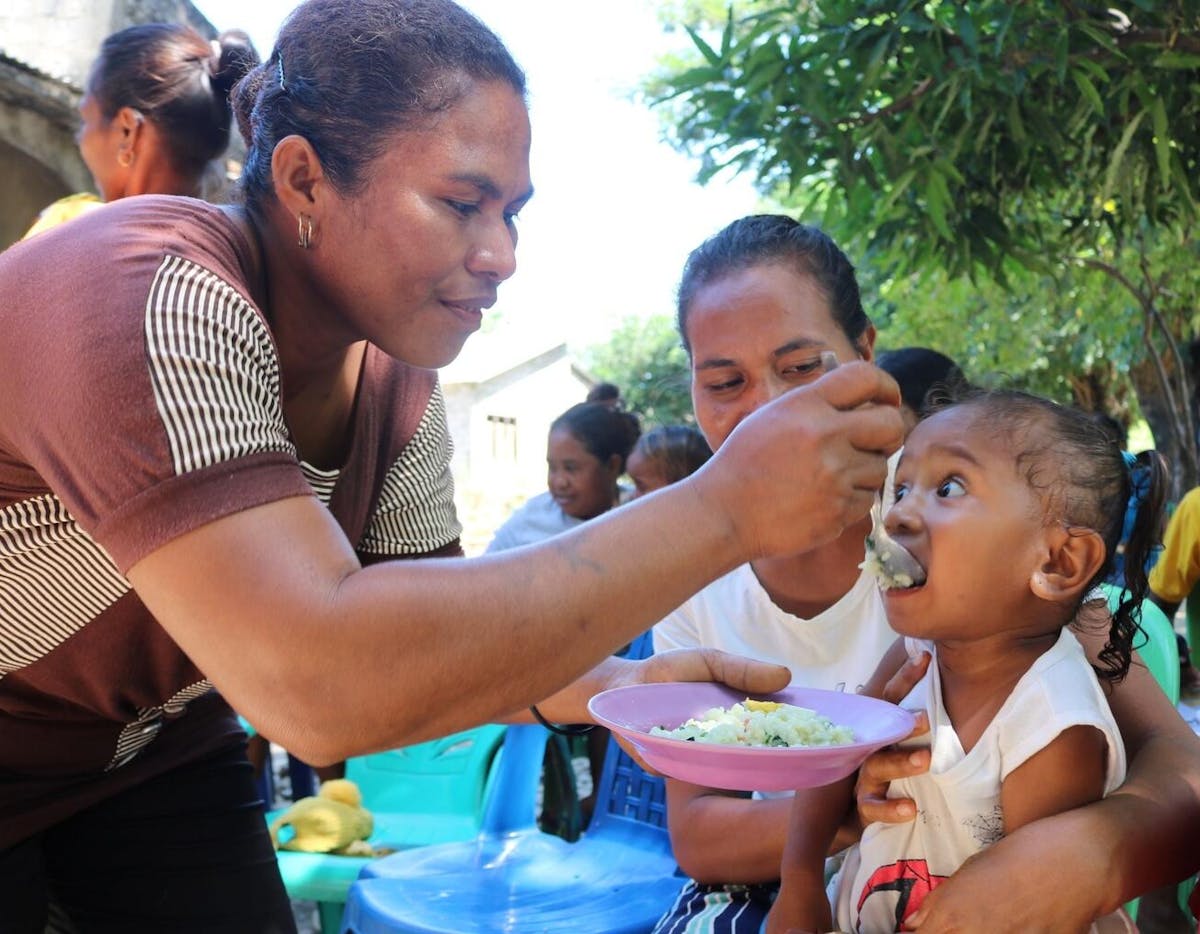
Breaking ground in Timor-Leste: Climate Resilience through Nature Based Solutions
Home
Stories
Breaking ground in Timor-Leste: Climate Resilience through Nature Based Solutions
This month, UNICEF Aotearoa together with the New Zealand Ministry of Foreign Affairs & Trade (MFAT) and other partners, broke ground on a new climate resiliency project in Timor-Leste. Falling under the mandate of our Water, Sanitation and Hygiene (WASH) programme, this new water preservation project is set to change the course of Timor-Leste’s readiness for climate change.
“We want children and their families to be more resilient to climate-induced water stress. And we also want the government stakeholders to have better evidence about climate-induced water stress, so they can make better decisions around that,” says Victoria Fray, UNICEF Aotearoa’s WASH specialist.
Victoria has been part of the UNICEF Aotearoa team that saw the inception of our partnership with MFAT, two-and-a-half years ago. As a water and sanitation specialist, she has played a crucial role in this multi-year partnership. Our mahi is focused on making a huge impact for tamariki by levelling up early childhood education and strengthening the resilience of water systems. In Timor-Leste however, the focus has mainly been on the latter… up until now.

The paradox of tropical islands in the Pacific
For most people when they think of islands in the Pacific, the idea of drought or water scarcity seems impossible, in fact, it’s flooding that is perceived to be the biggest worry. Yet with the ever-changing climate, Pacific Island countries are experiencing some of the most dramatic effects including drought. The extreme weather changes over many years have meant that Timor-Leste vacillates between flooding and drought. During the rainy season, there is too much water and because of how porous the soil is, it doesn’tretain water and it runs off. When the dry season comes around, there is not enough water to service the growing population most of whom (69%) are spread out in rural communities located in hard-to-access hilly locations.
The proposed solutions
With the support of MFAT, this water preservation project focuses on the following solutions that will take time to realise, but have already started.
Earth dams vs concrete dams
A high number of small earth dams/water retention structures can be more easily planned, designed, and built at a community level using locally available materials. These are way less expensive to construct and maintain than large concrete dams, are more manageable locally, they also have smaller environmental footprints, and are more easily replicable. These earth dams will slow down water runoff, increase levels of groundwater, and extend the period of time that water will be available to communities after the rainy season has ended.
Rainwater harvesting
Many buildings are constructed with corrugated iron roofs in Timor-Leste, particularly in schools, and these roofs are sizeable. Additionally, rainfall levels during the rainy season would result in a considerable amount of water harvested. Finally, rainwater would augment water supply from springs, even if not used for drinking and cooking (due to cultural preferences), it could be used for other domestic uses.
Creating open source intellectual property
UNICEF will be working with local partner Permatil, a local CSO and permaculture organisation established in Timor-Leste in 1999 around the time of independence. Although Permatil has been a leader in this field, the data collection of it’s work has not kept up with the its work. UNICEF will work with Permatil to help set up systems to do concise data collection in the inception phase of this project. The goal is to develop open-source content in the form of manuals, modules and templates, which will be done collaboratively with Permatil and the Government of Timor-Leste. This is to encourage other organisations already working in climate resiliency to have standardised and efficient models and guidelines that are evidence-based and easy to replicate and scale across Timor-Leste and potentially other parts of the region.
Education is key
Because schools are often the centre of public life in many of the peri-urban communities, they must be the central distribution point of knowledge. Alongside the construction of the nature-based dams, UNICEF will work with schools and communities in the selected municipalities to raise awareness on how effective rainwater harvesting and use can be to augment this. This will include providing encouragement and awareness that rainwater is safe to drink, is a feasible alternative water source (to springs) and is a viable option considering the structures that are already commonly in place. Following the awareness raising in schools, where there is appropriate interest and commitment, UNICEF will support Permatil to conduct site assessments and to provide rainwater harvesting materials for the construction of rainwater harvesting systems utilising existing infrastructure in schools.

This project has been 2.5 years in the making, with a monumental amount of research and teamwork with UNICEF Timor-Leste, both the New Zealand and Timor-Leste governments as well as local partners specifically, Permatil. It’s no wonder that Victoria and her team are buzzing because it’s finally broken ground. “For me personally, I've had the privilege of being around when we had the conversations with MFAT two and a half years ago. It's so tangible and we can really make a difference… and it's the scale of the difference that is so exciting as well,” she says.
Read more about our work in the Pacific and Asia here.


